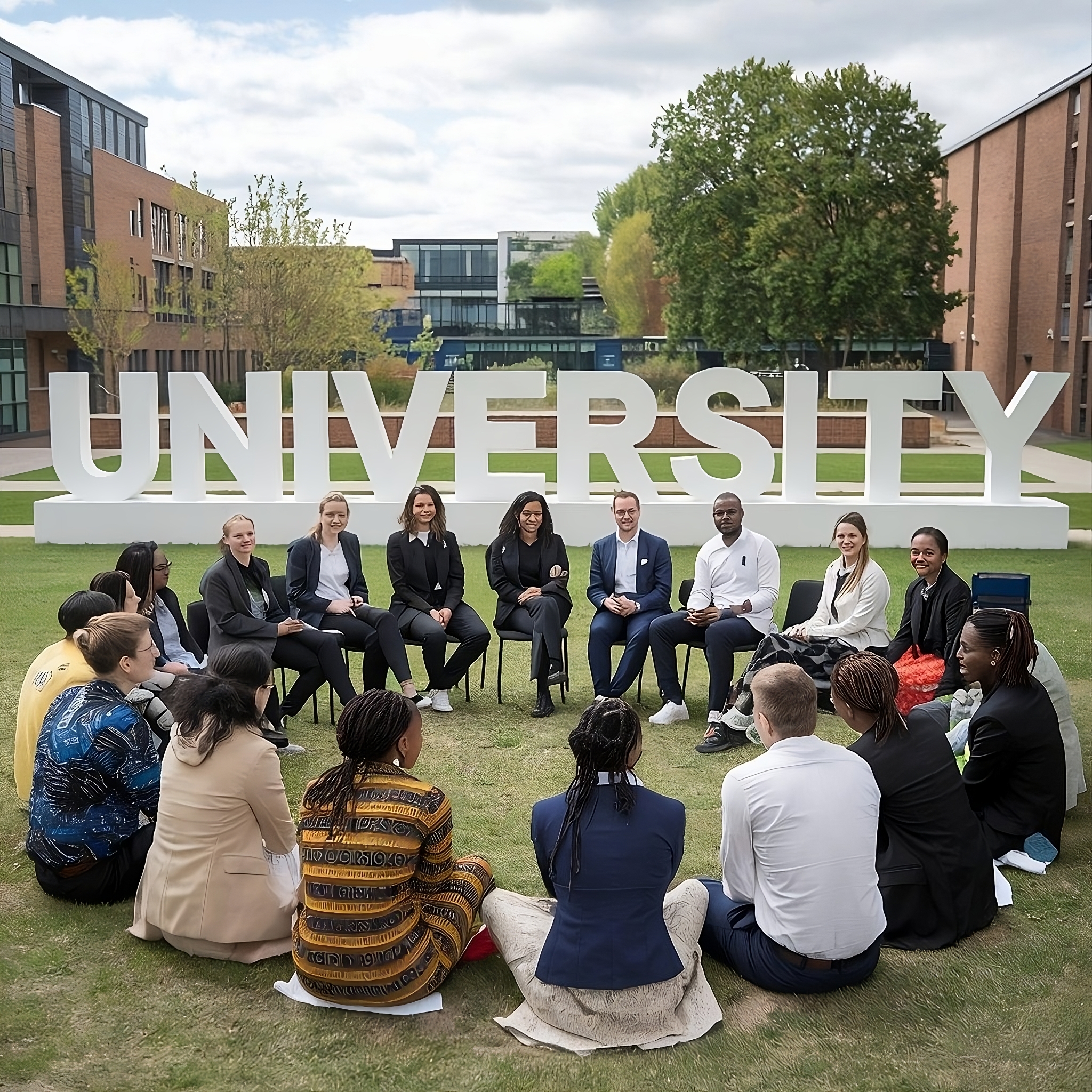As a university student, understanding key theories across various fields of study can significantly enhance your academic performance. Whether you are studying psychology, business, or social sciences, knowing how these theories apply to real-world scenarios can deepen your understanding and improve your critical thinking skills. Here’s a guide to 17 essential theories you should be familiar with during your university journey.
1. Maslow’s Hierarchy of Needs
Maslow’s theory proposes that humans are motivated by five levels of needs, starting from physiological needs to self-actualization. Understanding this hierarchy is key in psychology, business, and social sciences.
2. Classical Conditioning (Pavlov)
Developed by Ivan Pavlov, this theory explains how behaviours can be learned through associations. It’s crucial in psychology, education, and marketing, as it helps understand habits and responses.
3. Social Learning Theory (Bandura)
Albert Bandura’s theory emphasizes learning through observation, imitation, and modelling. This theory is important in psychology, education, and behaviour analysis. It explains how behaviours and skills are learned socially.
4. Cognitive Dissonance (Festinger)
This theory suggests that people experience psychological discomfort when holding conflicting beliefs or behaviours, motivating them to reduce inconsistency. It’s widely applied in psychology, marketing, and decision-making.
5. The Theory of Multiple Intelligences (Gardner)
Howard Gardner proposed that there are various types of intelligences, including linguistic, logical-mathematical, spatial, and interpersonal, among others. This theory is vital for understanding diverse learning styles and talents.
6. Social Exchange Theory
This theory, commonly used in sociology and psychology, posits that social interactions are based on a cost-benefit analysis, where people seek to maximize rewards and minimize costs in relationships.
7. Theories of Motivation (Deci & Ryan)
Deci and Ryan’s Self-Determination Theory explains that people are motivated by intrinsic and extrinsic factors. It’s highly relevant in education, organizational behaviour, and self-improvement.
8. Freud’s Psychoanalytic Theory
Sigmund Freud’s theory suggests that human behaviour is influenced by unconscious desires, childhood experiences, and internal conflicts. While controversial, it remains foundational in psychology and psychotherapy.
9. Theories of Learning (Piaget)
Jean Piaget’s stages of cognitive development theory explore how children develop intelligence through interactions with their environment. It’s fundamental in education, psychology, and developmental studies.
10. Attachment Theory (Bowlby)
John Bowlby’s theory of attachment outlines the importance of early relationships between children and caregivers for future emotional and psychological development. It’s crucial in psychology and child development.
11. The Theory of Planned Behavior
This theory, developed by Icek Ajzen, focuses on how individual intentions, attitudes, and perceived control over actions influence behaviour. It is widely used in psychology, marketing, and health studies.
12. Structural Functionalism (Durkheim)
Emile Durkheim’s theory suggests that society functions as a complex system where various parts work together to promote stability and equilibrium. It’s a foundational theory in sociology.
13. Conflict Theory (Marx)
Karl Marx’s theory argues that society is in a constant state of conflict due to economic inequalities. This theory is central to sociology, economics, and political science.
14. The Diffusion of Innovations (Rogers)
Everett Rogers’ theory explains how new ideas and technologies spread within a society or group. Understanding the adoption process is essential in marketing, innovation studies, and social change.
15. The Transtheoretical Model (Prochaska & DiClemente)
This model outlines the stages people go through when changing behaviours, from pre-contemplation to maintenance. It’s used in health psychology, addiction recovery, and therapy.
16. Maslach’s Burnout Theory
Christina Maslach’s theory defines burnout as a prolonged response to stress involving exhaustion, cynicism, and reduced performance. It’s crucial in psychology, organizational behaviour, and workplace studies.
17. Theories of Justice (Rawls)
John Rawls’ theory of justice suggests that social and economic inequalities should only be allowed if they benefit the least advantaged members of society. This theory is widely applied in political philosophy and ethics.
Conclusion
These 17 theories provide a strong foundation for understanding human behavioir, society, and the world around you. Whether you’re in the social sciences, education, psychology, or business, integrating these theoretical concepts into your academic work will deepen your critical thinking and help you apply these ideas to real-world scenarios. Understanding the theoretical frameworks behind various phenomena not only enhances your academic knowledge but also prepares you for professional success.




